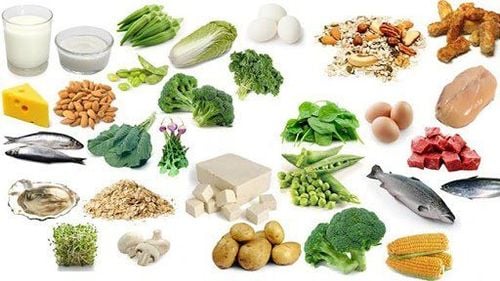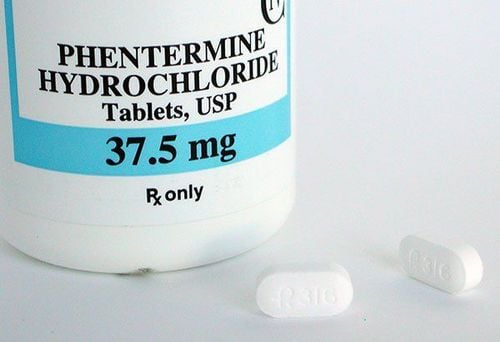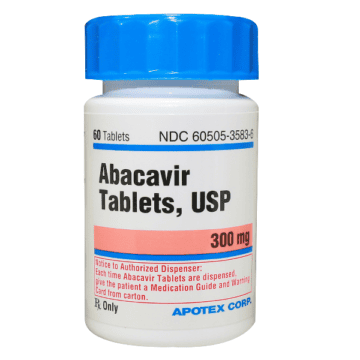This is an automatically translated article.
The article is professionally consulted by Master, Doctor Ngo Thi Oanh - Pediatrician - Pediatrics - Neonatology - Vinmec Ha Long International General Hospital.
Overweight – obesity is one of the common problems in children. For babies, weight gain that is too fast and exceeds the normal growth rate can also be a sign of overweight - obesity in children. To overcome this situation, a suitable weaning diet for children under 1 year of age with obesity is essential.
1. When is a child assessed as overweight/obese?
During the first 12 months of life, the amount of fat in the baby's body usually increases very quickly because breast milk is 50% fat. Therefore, it is difficult to judge whether a baby is overweight or obese.
It's also important to note that not every chubby/chubby baby under the age of 1 is overweight or becomes an overweight/obese adult. However, if the baby's weight continues to increase in school age at the same rate as infancy, the baby is more likely to be obese.
Therefore, there are almost no cases of children under 1 year of age being obese. According to doctors, the baby's weight may be above the normal range in the growth chart, but there is less chance of the baby being overweight. Breastfed babies are usually well controlled. However, there are still cases of infants becoming obese due to genetic or environmental factors.
2. Why are babies obese?

Trẻ uống sữa công thức với thành phần không phù hợp có thể gây béo phì
Although the possibility of children under 1 year of age being obese is not high, even if the weight of the baby is increasing sharply, but in some children this condition can still occur due to genetic or environmental causes. In addition, some medical conditions associated with medications can also cause obesity in babies.
Several other risk factors increase the likelihood of childhood obesity:
Not breastfeeding: Formula milk with inappropriate ingredients can cause obesity in babies; Genetics: If parents are obese, their babies are also 2 times more likely to become obese than other children; The weaning diet is not tight: Parents often give their children sweet or fatty snacks such as chocolate, french fries, etc. will make it easier for children to gain too much weight; Baby eats at any time: If the child often feels cravings (even if not due to hunger) and is encouraged by parents to eat a lot, this habit will persist, causing the baby to eat continuously and thus the weight is no longer controlled. control; High-fat weaning: When the baby's weaning diet is too rich in fat, low in carbohydrates and low in protein, it will change the hunger signal from the brain, causing frequent eating.
3. Children under 1 year old are obese – what do you need to do?

Các loại thực phẩm lành mạnh nên cho trẻ ăn
After finding out why babies are obese, it can be seen that to limit the risk of overweight - obesity when the baby reaches school age, you need to have a change in your daily diet. little.
3.1 Organizing a weaning diet for obese babies It is important to pay attention to the following points in the baby's weaning diet:
For infants, within the first 6 months, they should be breastfed completely. Should choose healthy foods, low in fat and rich in fiber such as vegetables, fruits, nuts, legumes... This diet not only supports weight management for children but also helps children prevent Avoid future diseases such as cardiovascular disease, type 2 diabetes... Babies should only eat a maximum of 2-3 times a day for children of 7-9 months old and only eat a maximum of 5-6 times a day for children. with children 9 months and older. Controlling the number of times a child eats per day will prevent overweight, and prevent obesity in 9-month-old children. Besides, you also need to encourage or support your baby to do regular physical activities.
3.2 Beverages – a point of interest in preventing and overcoming overweight in children under 1. Soft drinks, bottled fruit juices... on average, have about 8 teaspoons of sugar. Therefore, not only children who are overweight, but also normal children should limit/avoid these types of water.
Nutrition experts explain that: sugar will cause the body to accumulate fat because the body will use sugar for energy. Unburnt fat will accumulate leads, increasing the amount of body fat in children.

Đường sẽ khiến cơ thể tích lũy chất béo làm tăng lượng mỡ của cơ thể trẻ
3.3 Should children under 1 year old who are obese eat junk food? The answer is no.
Most junk foods are high in sugar, fat, salt and extremely low in fiber, so they have poor nutritional value and make children more likely to be overweight/obese.
Therefore, to help children control their weight, you should limit your children to eating junk foods such as:
Sweets; Chocolate; Cakes, cookies; Packaged cakes; Pizza... For children who have a habit of regular snacking, parents should gradually reduce their children's snacking and replace it with hot, healthier and more nutritious foods.
In short, obesity under 1 year old is relatively rare, but if the child is overweight for normal growth, you need to have tighter control of the weaning diet. children's daily routine as well as help children be more active, limit snacks and soft drinks.
You should take your baby for regular general health check-ups to understand the baby's health situation and have timely intervention when the baby is likely to be obese or have other health problems.
Currently, Vinmec International General Hospital is providing Children's General Health Checkup Package. The baby will receive a comprehensive health examination from eyes, teeth, blood pressure, weight to necessary tests, combined with diagnostic imaging. The examination package helps you check your baby's overall health, screen for symptoms for early detection and treatment if needed.
Please dial HOTLINE for more information or register for an appointment HERE. Download MyVinmec app to make appointments faster and to manage your bookings easily.













